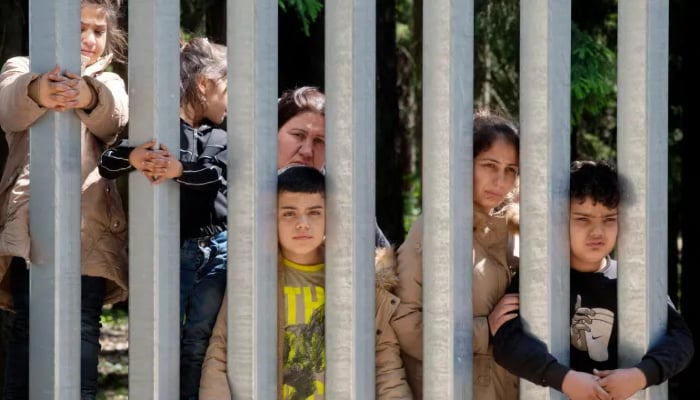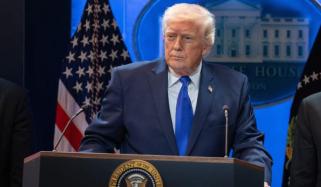
Poland has decided to suspend migrants right to apply for asylum in the country to strengthen national security.
According to BBC, Polish Prime Minister Donald Tusk on Wednesday, March 26, 2025, announced that the government is temporarily suspending the right to apply for asylum for the migrants that will arrive in the country via the Belarus border.
Related: Trump plans to bring 'gold card' to give wealthy foreigners citizenship
In a post on social media platform X, Tusk wrote, “This evening the government will adopt a decree suspending the right to apply for asylum. Just as I announced, without a moment’s delay.”
The announcement of the prime minister came after the parliament passed a controversial bill that will allow authorities to suspend asylum rights for up to 60 days at a time.
President Andrzej Duda signed the bill into law but also said that it required some necessary changes to strengthen border security.
Right groups, including Human Rights Watch, criticised the law and decision and asked the European Union to take legal action against Poland.
When the bill was presented in February 2025, the human rights group urged parliament to reject the bill, saying it "flies in the face of Poland's international and EU obligations" and could "effectively completely seal off the Poland-Belarus border, where Polish authorities already engage in unlawful and abusive pushbacks."
Tusk dismissed criticism from the groups and said in October 2024, “Nobody is talking about violating human rights, the right to asylum, we are talking about not granting applications to people who illegally cross the border in groups organised by Lukashenko.”
The government has previously explained that the suspension of the asylum will be applied temporarily and for the people who will pose a threat to national security.
Minors, the elderly, pregnant women, the unwell and those exposed to "real risk of serious harm" if returned back to their countries are exempted from the suspension.
Related: Trump appeals to Supreme Court for birthright citizenship ban















